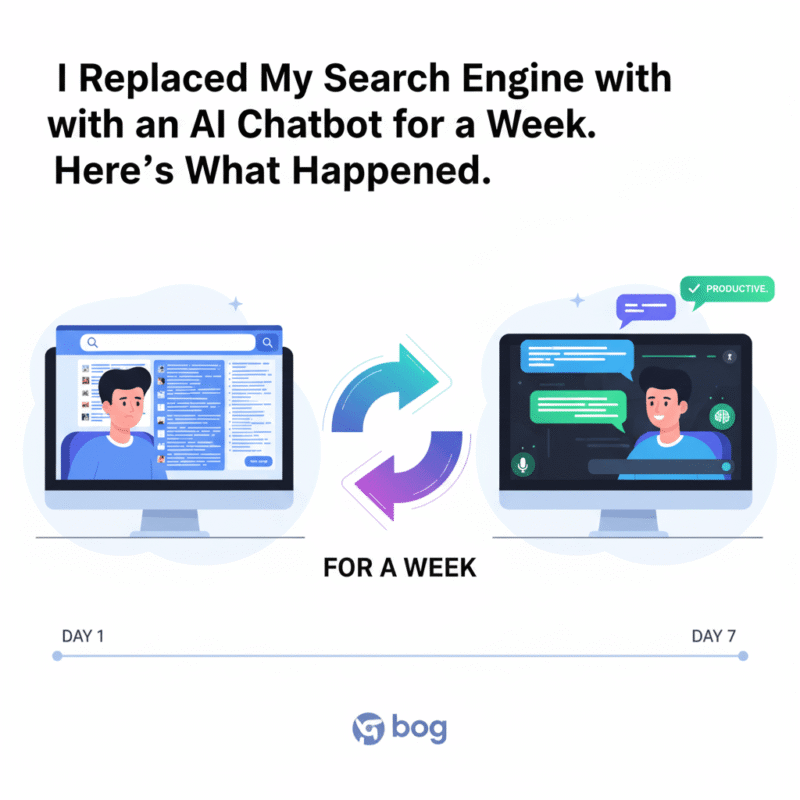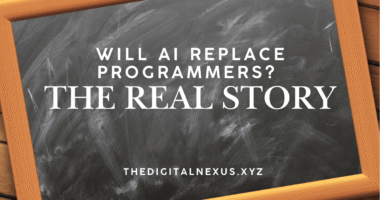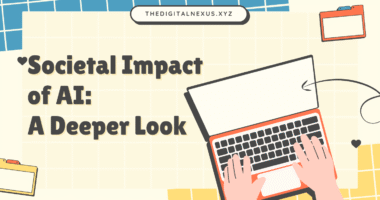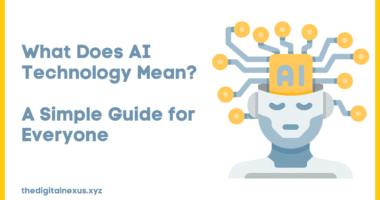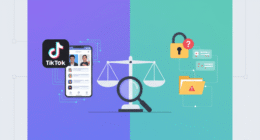For as long as I can remember, my digital life has started with a blinking cursor in a search bar. It is a reflex. Have a question? Google it. Need a fact? Google it. But as AI chatbots have become more powerful, I have started to wonder: could one of these tools actually replace my search engine? So, I decided to run a crazy experiment. For one full week, I would ditch Google entirely. All my questions, from the simple to the complex, would be directed to an AI chatbot. Here is the diary of what happened.
Day 1-2: The Awkward and Frustrating Phase
My first two days were, to be blunt, a mess. My brain is hardwired to “search,” not to “ask.” My initial queries were just keywords, like “best coffee shop near me” or “latest stock market news.” The chatbot, being a language model, would give me a long, well-written paragraph about coffee shops or the stock market. It was giving me an essay when all I wanted was an address or a number.
This was the core of the initial AI chatbot vs search engine struggle. A search engine gives you a list of links, a map, and a set of options to explore. A chatbot gives you a single, synthesized answer. For quick, factual lookups, this was incredibly inefficient. I found myself missing the simple, scannable list of blue links more than I ever thought I would. The chatbot was trying to be my helpful assistant, but I just wanted a phone book.
Day 3-4: Finding the Rhythm and Learning to Prompt
Around the third day, something clicked. I realized I was using the tool all wrong. You do not “search” with an AI; you have a conversation with it. I stopped typing keywords and started writing full questions, just as if I were talking to a person. This was the turning point in my AI chatbot vs search engine experiment.
Instead of “weather Singapore,” I started asking, “What will the weather be like in Singapore tomorrow afternoon, and should I bring an umbrella?” The response I got was not just a weather report; it was a direct, helpful answer to my actual question. I was learning how to write effective prompts in real-time. This is where I started to see the potential. The chatbot was not a search engine; it was an answer engine.
Day 5-7: The Unexpected Superpowers of the AI Chatbot
The last few days of the week were genuinely exciting. Once I understood how to communicate with the chatbot, I started pushing its limits. I began to discover all the things it could do that a search engine could never dream of.
For instance, I needed to understand a complex scientific paper. Instead of trying to decipher it myself, I pasted the text into the chatbot and asked, “Can you explain this to me like I’m a high school student?” It gave me a perfect, simple summary in seconds. I used it to brainstorm article ideas, write tricky emails, and even get simple code snippets for a small project. The chatbot became a creative partner and a summarization tool, not just an information retriever. This is the true power of what an LLM is; it can manipulate and recreate information, not just find it.
The Big Failures: When I Had to Cheat and Use Google
I have to be honest; I did not make it the full week without cheating. There were a few specific situations where the chatbot completely failed, and I had to go running back to Google. The main failure in the AI chatbot vs search engine battle was when I needed to compare multiple products. When I asked the chatbot for the “best running shoes,” it gave me a generic list. It could not provide the real-time prices, user reviews, and multiple shopping links that Google’s shopping tab offers.
I also cheated when I needed to find a specific, obscure error message for a piece of software. Google’s ability to search through millions of niche forums and blog posts from other users who have had the same problem is, for now, unmatched.
My Personal Verdict: Will I Switch for Good?
So, after a week of living in an AI-first world, will I be ditching my search engine for good? Absolutely not. But my relationship with search has fundamentally changed.
I have now come to see these two tools as specialists for different tasks. When I need to find something—a specific website, a product to buy, a local address—I will still use a search engine. Its ability to provide a diverse list of sources is its greatest strength. However, when I need to understand or create something—summarize a long text, brainstorm ideas, draft an email, explain a complex topic—I will now go to the AI chatbot first. It is a more powerful tool for synthesis and creation. The debate over whether AI will take over the world seems silly when you realize its best use is as a powerful assistant.

Conclusion: The Future is a Hybrid, Not a Replacement
In conclusion, the battle of the AI chatbot vs search engine does not have a single winner. The future of how we find information is not a replacement; it is a hybrid. We will learn to instinctively reach for the right tool for the job. Search engines will remain our primary tool for discovery and navigation. AI chatbots, on the other hand, will become our primary tool for understanding and creation. My week-long experiment taught me that I do not need to choose a side; I just need to expand my toolkit.
What Do You Think?
Could you go a week without using a traditional search engine? Share your thoughts in the comments below!
Would you try this for a week? (Yes / No / Maybe)
